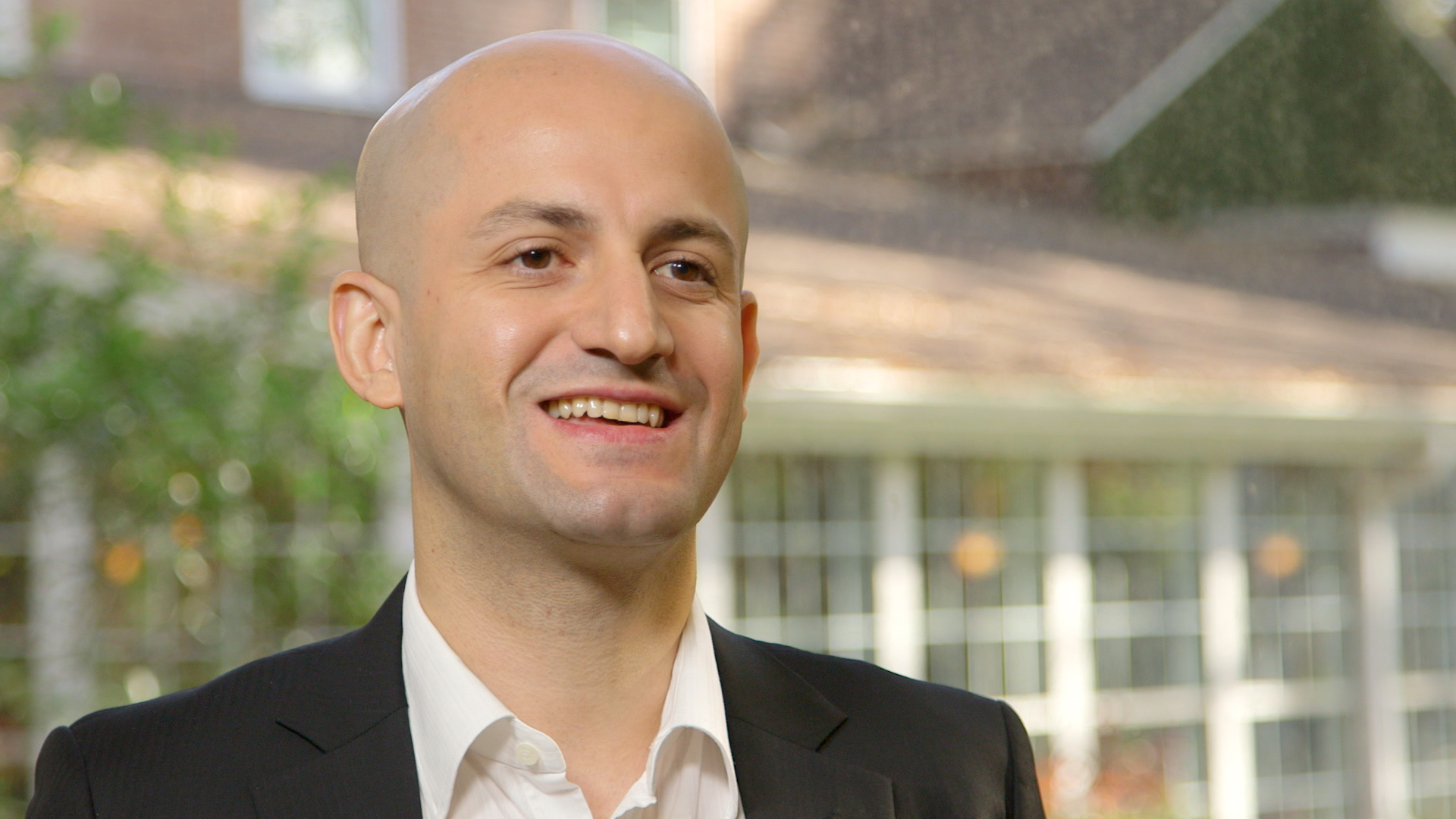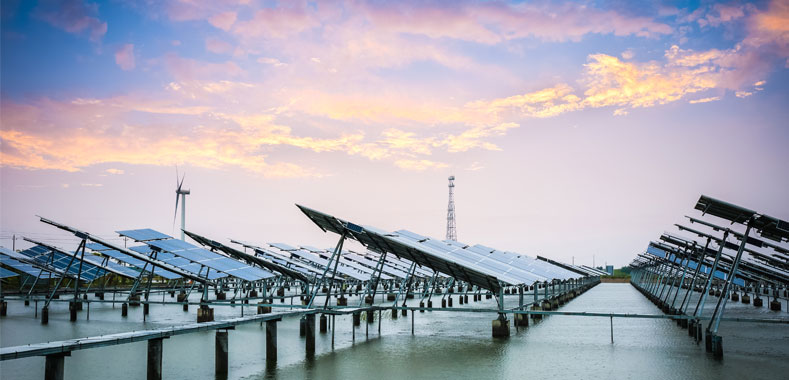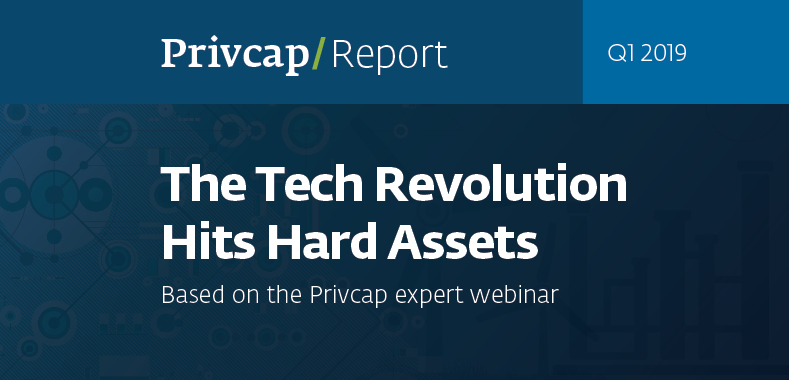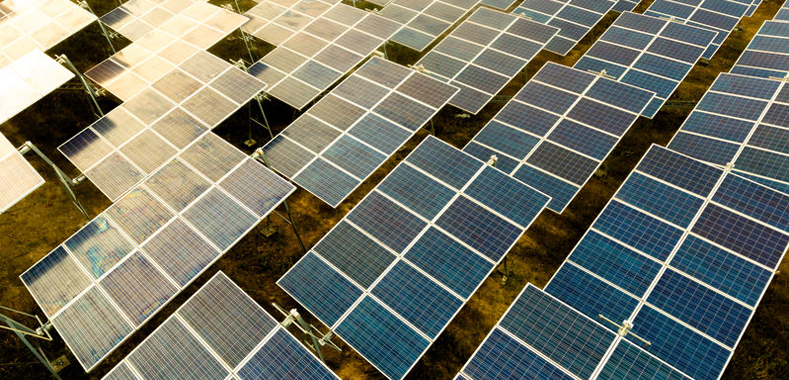Q&A: Why Renewable Projects Are Hot
Download the article here
A seasoned advisor to energy deals talks about the growing desire among energy corporations to acquire renewable assets amid a search for returns and diversity. Private equity players are active in all aspects of this market, she says. Also, the rise of Power Purchase & Sale Agreements is giving rise to further investment opportunities
Privcap: Energy companies are increasingly diversifying their holdings, and using the M&A market to do so. What is driving this quest for diversification?

Baker Botts LLP
Elaine Walsh, Baker Botts: First of all, people are looking for better returns, certainly the independent power producers that have traditionally owned only conventional generation. They’re looking for other ways to make money, particularly in the U.S., and a lot of them have seen an advantage in going beyond gas-fired and coal-fired generation into renewables. Some are testing the waters a little. Most are buying generation that’s already been developed, but some are looking to get into green field development.
Is the interest in renewable assets an indication that people see them as economically competitive with traditional power generation?
Walsh: Yes, absolutely. In the early days, they were very dependent on tax credits and the subsidies from the federal government, and some state government subsidies as well. But now, with the cost of renewable technologies going down, they are very, very competitive with gas. Particularly so in areas of the country where there’s a lot of wind, such as west Texas. Out west there’s solar—but we’ve seen places like North Carolina and New Jersey being very active, as well. It has also helped that wholesale regional energy markets are getting better at integrating and pricing renewable energy resources.
What role are private equity firms playing in this diversity-driven energy M&A market?
Walsh: We’ve definitely seen private equity very active with all types of energy assets. There are a lot of good projects that private equity-backed developers take where they can step in and help complete the project and finance the construction all the way to COD. And then locking in these long term PPAs, which then make them attractive to sell off as a portfolio. That’s what most of them do.
Are these renewable projects of size and scope to be interesting to a private equity firm?
Walsh: A lot of these renewable projects are smaller than gas-fired or coal-fired generation, so there really does need to be a portfolio or platform for these, and we’ve seen several financings grouping these assets together as a package, and doing a securitization, or doing a portfolio investment.
What are some recent trends in Power Purchase and Sale Agreements (PPAs?)
Walsh: Corporate PPAs are becoming a lot more common, and it’s because, again, prices for renewables are going down, but it’s also for the social aspect for the buyer. They want to have green energy, and show a low carbon footprint, so companies like Whole Foods, and IKEA, and Wal Mart, and other manufacturers and retailers have been putting solar panels on their facilities, or doing small-scale wind on some of their facilities, and it turns out great for them in managing energy costs and good for their investors or shareholders.
Is technology a factor driving private investment in energy?
Walsh: The intersection between energy and technology is getting more and more blurred, certainly with new energy efficiency and demand response, which is how people adjust their usage of energy products based on price signals. There are a lot of companies out there looking for capital, looking for investments, and it’s very promising, especially as several states are moving more toward a more deregulated model, giving consumers more choices in energy products.
A corporate search for diverse energy assets is favoring renewable projects.









